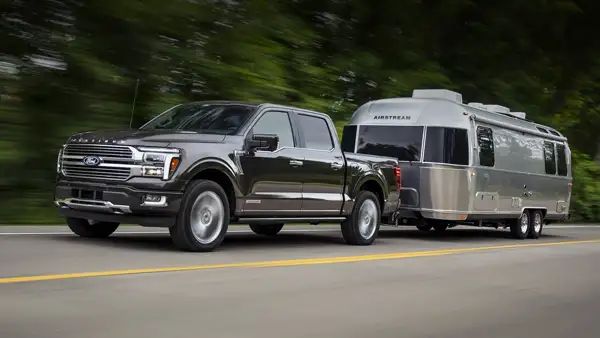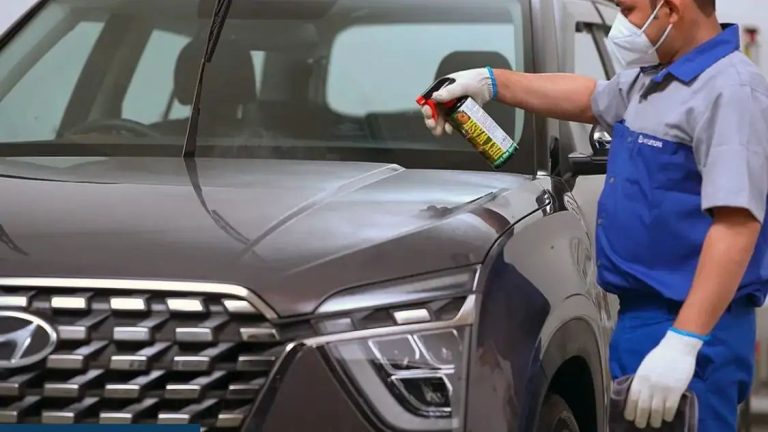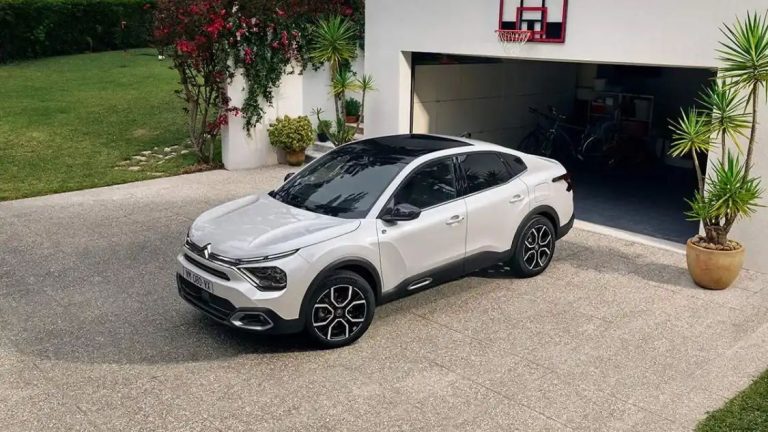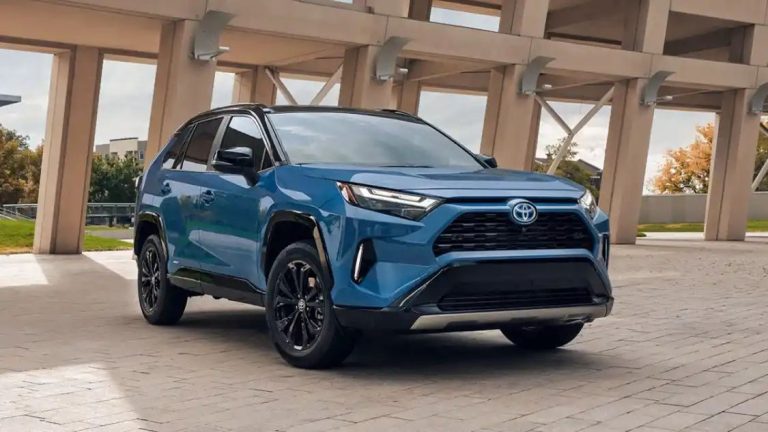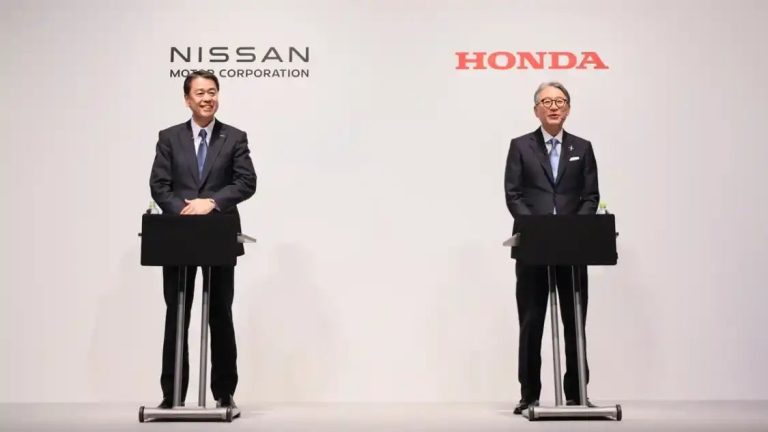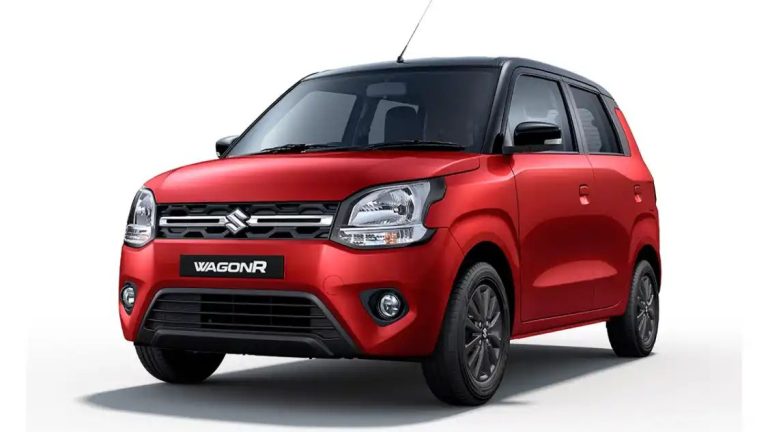Auto industry embracing women into workforce | Autocar Professional
As diversity emerges as a strategic trend in the global automotive industry, there is a rising number of women joining the workforce to take up various roles across verticals.
While women participation is on the upswing, it is still quite low – at around 25 percent in the manufacturing sector – making the need for a women-centric support system critical to drive inclusivity in what has historically been a male-dominated sector.
Although India has made efforts to promote gender diversity through various initiatives by the government, as well as several companies voluntarily adopting diversity targets, it is imperative to shed light on the barriers that need to be demolished to encourage more women to join the automotive workforce. Equally, it is critical to highlight the transformative policies and infrastructural interventions as well, that are enabling women to rise and shine at their workplaces.
On March 7, Autocar Professional hosted its annual webinar – ‘Women to Watch’ – bringing together leading women from the Indian automotive industry to voice their opinions on the challenges, the progress so far, and the way forward for enhancing diversity and equity in the sector’s workforce.
The webinar was moderated by Autocar India’s consulting video editor, Renuka Kirpalani, who was joined by Continental India’s Shrawani Rai; Mahindra Electric Automobiles’ Kausalya Nandakumar; Shuba Kumar of Natesan Synchrocones; Group Landmark’s Garima Misra; RMI India’s Akshima Ghate and Marelli India’s Anju Bhadoria.
The session started off with a broad consensus among the panellists, who unanimously said that talent cannot be segregated based on gender, and there are several women role models who have been setting precedence, and paving the way for higher inclusivity in the sector. According to Anju Bhadoria, HR Director & Country HR, Marelli India, “Today, there are more women STEM (science, technology, engineering, and math) graduates compared to men, and the numbers are constantly rising. Therefore, we can attract more women towards the industry if we communicate better to this talent pool.”
Bhadoria, an HR expert, pointed out that keywords such as ‘aggressive’, and ‘competitive’, which are typically associated to describe job profiles for men, must change to terms like ‘collaborative’ and ‘committed’, that attract more women, who have the passion to excel in various domains, and take up demanding roles. She further added that organisations must create role models who drive inspiration. “The automotive industry is laser-focused on building the leadership pipeline. At Marelli India, the number of women in the leadership is growing every year. We had a 4 percent increase in women leadership last year,” she said.
Kausalya Nandakumar, COO, Mahindra Electric Automobiles, cautioned that women do face inherent biases in the industry. “These biases come from deep-rooted socio-economic conditioning of an entire generation, and at a fundamental level, meritocracy has been an important prerequisite for any role. From that perspective, while there is still scepticism, women want to achieve a role based on sheer merit.”
“Therefore, they continue to be in this conundrum of dealing with the bias, and wanting to establish themselves as deserving candidates. While women have historically been an underrepresented stratum of the society, an increasing number of women are now joining the automotive workforce,” Nandakumar said.
She further added that the industry must constantly nurture the pipeline, right from the STEM talent, all the way to the CXO positions. “We must create policies, guidelines, and infrastructural support that enables women participation in the workforce,” Nandakumar pointed out.
According to Garima Misra, MD, Group Landmark, “More than gender, it is all about the content and relevant skill set. Women sometimes tend to suffer from an imposter syndrome, and are unable to attribute their skills to their success.” Misra, who also dons the hat of being the Delhi Chairperson of the Federation of Automobile Dealers Associations (FADA), added, “At FADA, while most women leaders are doing a great job of successfully running automotive dealerships and service centres, they shy away when it comes to being a dealer principal. This apprehension is something that needs to be overcome, and women must leverage their confidence to go out, rise, and shine in their careers.”
A policy expert, Akshima Ghate, MD, RMI India, added her viewpoint and said, “While I have not faced challenges dealing with the policy ecosystem in India, but with biases, pertaining to technology, and its understanding, most certainly. People doubt the ability of women to understand technology, and to be able to give policy advice around technology.”
“It is not easy to address these biases in a short period of time, and there is more work that needs to be done to see women as equals, and create the same ecosystem whether it is in terms of employer or government policies, wherein both men and women are viewed equally, especially with respect to technology, and product design,” Ghate added.
According to Shrawani Rai, Head, Engineering Platform & Ecosystem, Autonomous Mobility, Continental India, “From contributing to over 35 percent of all students in higher education in India, only 14 percent of STEM students eventually end up becoming scientists, engineers, and technologists. Therefore, a focus on mentorship, guidance, as well as having the right role models, is key to drive women participation in technology-led domains in the automotive industry.” “Furthermore, presently, there is a lot of focus on Software-Defined Vehicles (SDVs) in the automotive sector, and this software-oriented domain is a major attraction for women, who are increasingly participating in such roles. One must also constantly develop new skills, keep upskilling, and reskilling to stay relevant in the industry,” Rai pointed out.
She further added that there is a sustained focus from organisations towards inclusion, and several initiatives such as Continental India’s highly-successful ‘Launch-Pad’ programme, which aimed to bring back women who have taken a break from their careers, by offering them mentorship and on-the-job training, are amply visible now.
Shuba Kumar, MD, Natesan Synchrocones and Chairperson, ACMA Southern Region, said that the Indian automotive components industry has significantly transformed over the last few years in terms of diversity, and today sees its national president itself being a woman. “That is a huge step for the automotive component industry. I think the biases could be overcome if we work through with logic, and clear explanations. The acceptance of women is growing in the automotive industry, and today, we have several women CEOs as role models.”
“Having said that, while we need talent, we also need policies that drive inclusivity in the workforce. Organisations must focus on infrastructural as well as policy interventions to encourage more women to participate in various roles, and act as an organisation’s key pillar,” Kumar pointed out.
The panellists unanimously agreed that while women continue to face several challenges like biases, as well as infrastructural gaps, the situation is improving by leaps and bounds, drawing more women in the industry.
This interview was first published in Autocar Professional’s March 15, 2024 issue.

